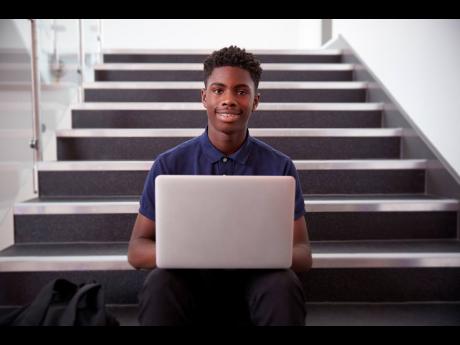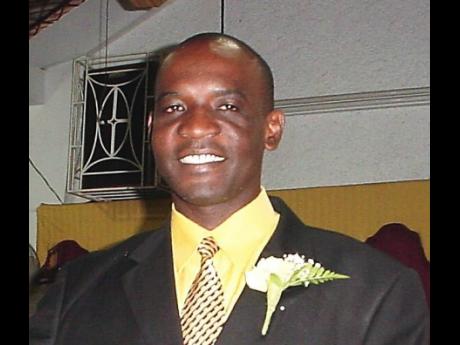Jasford Gabriel | Retooling secondary schooling – Part 2
In the second part, I continue with the argument which stressed the need to develop a culture of meritocracy.
Some new secondary schools on the shift system have allowed outstanding students to attend classes on both shifts so that they can take up additional subjects. The results of these students tend to be comparable to the best results at the traditional high schools, and there is really no evidence that they would have done any better at those schools. Like the students at the top-performing schools, these students tend to have strong support systems in place at home, which ensure that their time is supervised and their performance is monitored.
Such students do well anywhere they are placed. Even when a school has a temporary problem in finding a suitable teacher in a particular area, their support system is such that the required help is found. Furthermore, in the age of the Internet, there is no need to move children to go all over the place to get good pedagogy. The best teachers can be brought to all students online. This is, in fact, the direction in which we should go.
Classes from the best teachers anywhere in the world can be delivered online to schools anywhere. The system should be organised to take advantage of this. All teachers at each school would still be required, offering tutorship and supervising related topics taught online, while simultaneously improving their skills and competencies in learning from the best. The delivery of a lesson in the classroom or online is only one half of the learning process. It is in the reinforcement of the ideas that the other half of the process takes place when students are engaged in applying abstract principles in concrete ways.
REMOTE LEARNING
In such a system, there is no reason to send students long distances from their homes to watch classes delivered online. Remote learning is the way of the future. But it is naïve to believe that it will work without being supplemented by face-to-face engagement with teachers.
We need to use this present crisis to restructure our education system to make it more student-friendly for the average and below-average student. At present, almost all of our schools do a good job with bright students of above-average intelligence who have a reasonable support system at home. In fact, even those without strong support systems tend to be identified when they are talented. The private sector is quick to respond to natural talent. It is the average and below-average students who are marginalised by our system which concentrates on developing clusters of excellence.
The other argument against zoning our schools for placement when it has been put forward over the years has been that it will remove the right of parents to choose the school which their children attend. However, what percentages of these students really have a choice? After the parents of the top 20 per cent or 30 per cent get their choice the rest have to accept the placement determined by the ministry. Since the choice is going to be limited anyway, it is best that it is limited for everyone by the ministry, to a small number of schools in our near to communities in which they live.
PARADIGM SHIFT
It is often said that we need a paradigm shift in education. This means that we have to try getting people to think about schooling and school in a different way. At present, most people believe that there is some vast difference in education delivered to the so-called traditional high schools being delivered by teachers who, for the most part, attended the same teachers’ colleges and universities. The same data we use to rank schools will show that there are, in every school, a number of students who perform at the highest level alongside those from the top traditional schools. Some schools have more high-achieving students than others. But what is clear is that these schools are of a high enough standard for the intelligent, well-prepared student with a strong support system to perform with excellence.
By placing students in schools near to home we will make it easier for schools to monitor the support system provided by parents and for parents to hold schools accountable for the education of their children. Any screening or streaming should be left to the individual schools after they have been placed. We need our brightest and best for leadership. This is better nurtured where there is a wide range of academic abilities. Placement as well as assessment in education should be done to facilitate learning.
It will be difficult to implement this policy by legislation in a short period of time.
Jasford Gabriel is president of Jamaica Teachers’ Association and principal of Manchester High School. Send feedback to columns@gleanerjm.com


